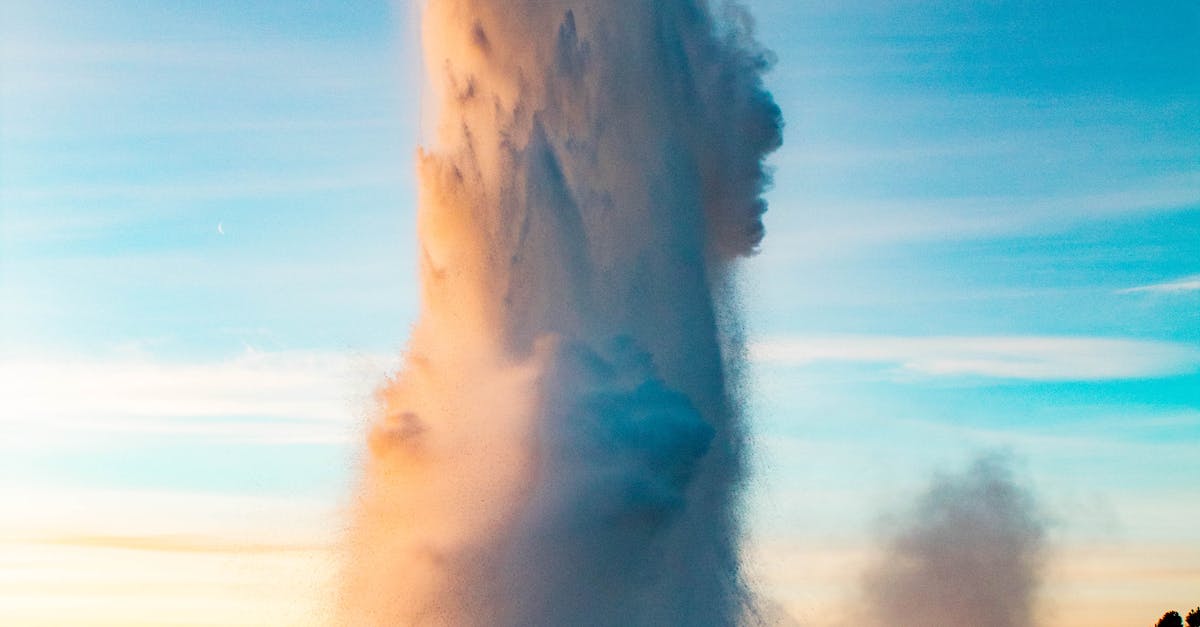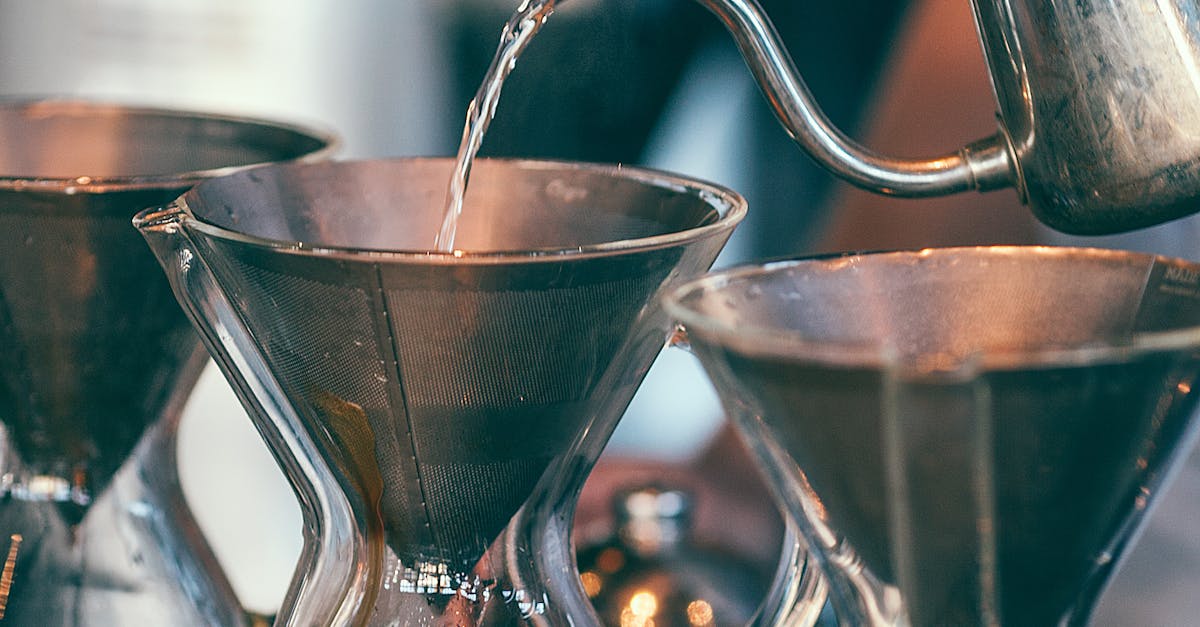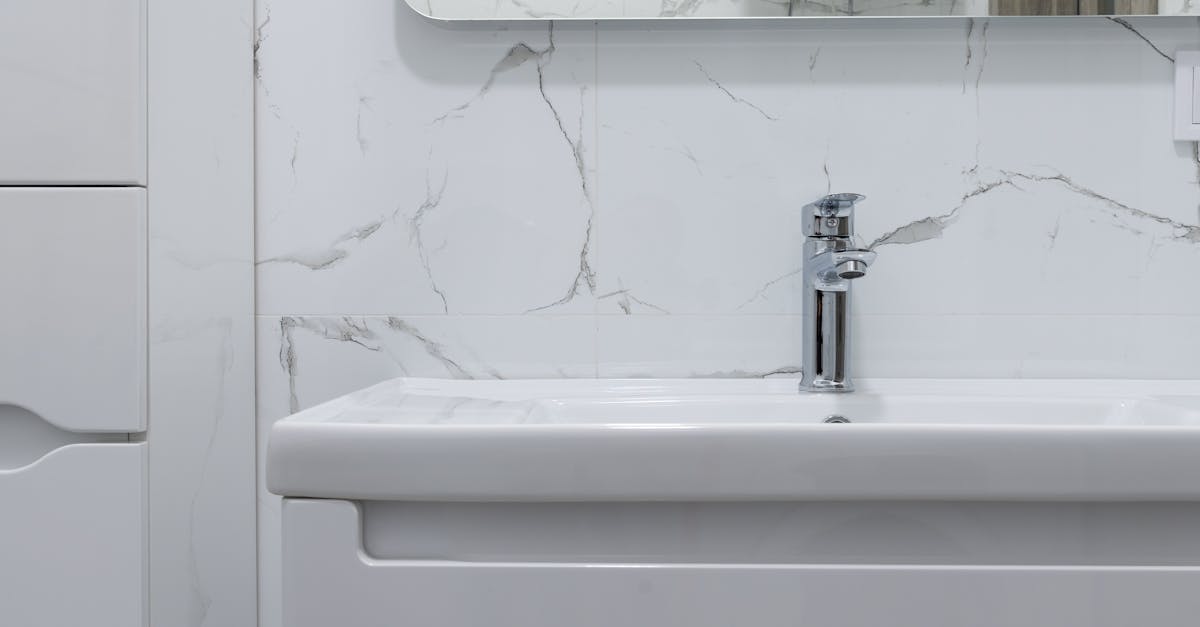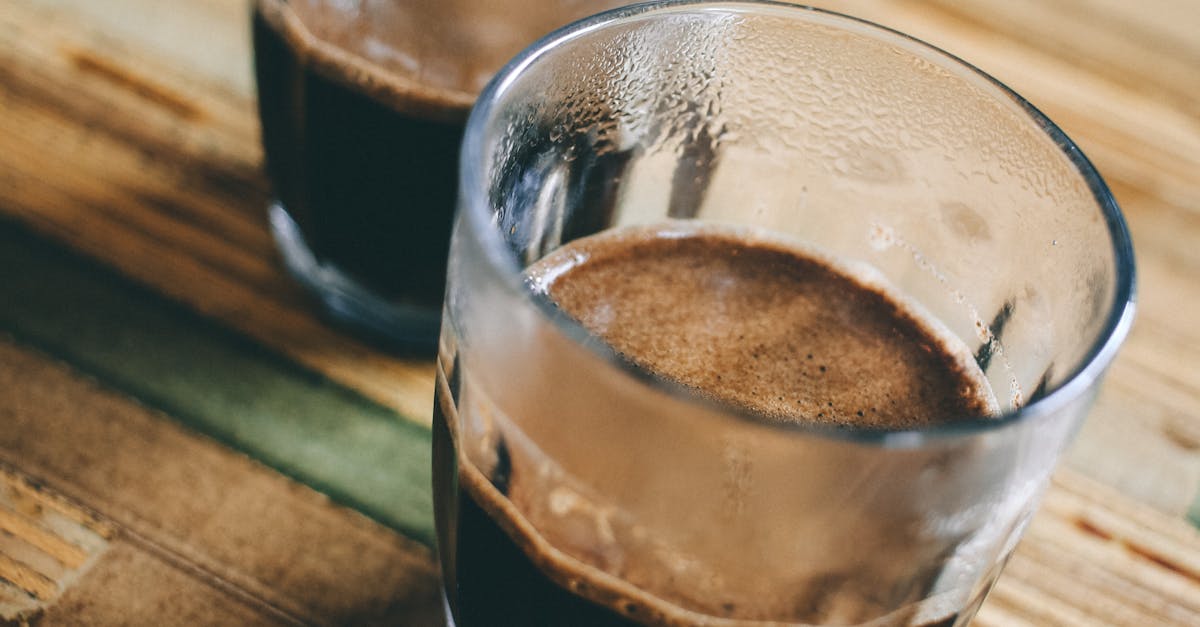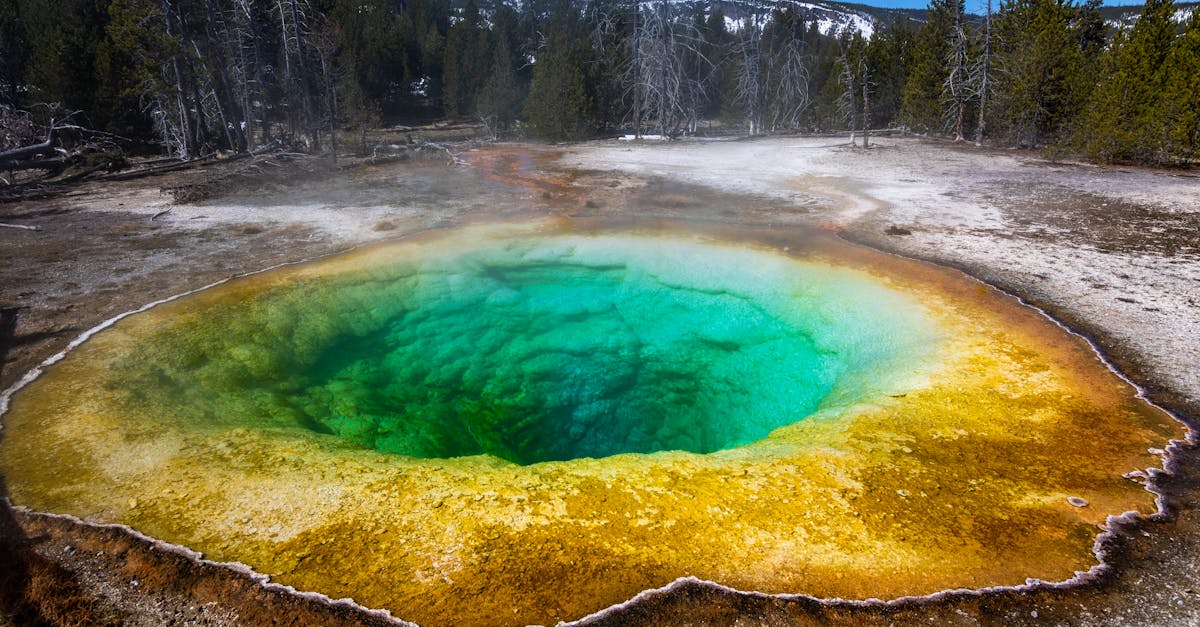
Table Of Contents
Considering the Ambient Temperature
Considering the ambient temperature is crucial when it comes to assessing why your hot water is taking longer than usual to heat up. In colder weather, the hot water system requires more energy to reach the desired temperature, leading to delays in providing hot water. This is a common issue that many households face during the winter months, and understanding how temperature affects the heating process can help in troubleshooting your hot water system.
To address the problem of a sluggish hot water system during colder periods, you may want to check if the thermostat on your water heater is set at the appropriate temperature. Adjusting the settings slightly higher may help in combating the impact of cooler ambient temperatures on the heating process. Additionally, ensuring that your hot water system is well-insulated can assist in retaining heat and improving efficiency. Hot water system troubleshooting in relation to ambient temperature involves considering these factors to optimise the performance of your water heater.
Insulating Hot Water Pipes
One effective strategy in tackling slow hot water heating is insulating your hot water pipes. By wrapping the pipes with insulation material, you can reduce heat loss during the water's journey from the heater to your tap. This can help maintain the water temperature and minimise the time needed for hot water to reach you. Insulating the hot water pipes is a simple and cost-effective solution that can lead to noticeable improvements in your hot water system's performance.
Hot water system troubleshooting often highlights the significance of properly insulated pipes. In colder climates, uninsulated pipes can lose significant amounts of heat as the hot water flows through them. This not only increases the time taken for your hot water to heat up but also leads to energy wastage. By insulating your hot water pipes, you can enhance the overall efficiency of your hot water system and enjoy faster access to hot water when needed.
Reviewing the Water Heater Location
Reviewing the Water Heater Location
When troubleshooting issues with your hot water system, it's vital to consider the location of your water heater. The position of the water heater within your property can have a significant impact on its efficiency and performance. Inefficient placement can result in heat loss and longer heating times, contributing to the delay in getting hot water when needed. An ideal location for your water heater is in a central area close to the main water outlets to minimize the distance hot water needs to travel.
Moreover, examining the proximity of the water heater to frequently used fixtures, such as showers and sinks, is crucial. If the water heater is situated too far from these areas, it may take longer for hot water to reach these points, leading to frustration and wasted time. Ensuring that the water heater is strategically located can improve the overall functionality of your hot water system. Hot Water System Troubleshooting.
Relocating the Water Heater for Better Efficiency
Relocating the water heater within your property can significantly impact its efficiency. Positioning the water heater in a more central location can reduce the distance hot water needs to travel, resulting in quicker access and less heat loss through the pipes. By moving the water heater closer to the areas where hot water is mainly used, such as bathrooms or the kitchen, you can minimise the time it takes for hot water to reach its destination.
Hot Water System Troubleshooting involves assessing the current location of your water heater to determine if it is situated in a spot that causes delays in heating up water. Factors like long pipe runs or being placed in an unheated area can contribute to the delay in hot water production. Relocating the water heater to a more insulated and central location in the house can enhance the overall efficiency of the system, ensuring faster hot water delivery and potentially reducing energy costs in the long run.
Examining the Age of the Water Heater
When faced with issues related to extended heating times for your water, evaluating the age of your water heater is crucial. Over time, water heaters lose efficiency, resulting in prolonged heating durations. A typical water heater has a lifespan of about 8 to 12 years. If your water heater falls within this age range, it might be struggling to operate at its optimal efficiency, leading to slow heating times. Therefore, it is recommended to consider the age of your water heater as a contributing factor when troubleshooting your hot water system.
If your water heater exceeds the typical lifespan or shows signs of wear and tear, it might be time to plan for a replacement. Older water heaters are more prone to inefficiency and malfunctions, which can significantly impact your hot water supply. By proactively addressing the age issue and preparing for a new water heater installation, you can ensure a more reliable and efficient hot water system. In the overarching context of Hot Water System Troubleshooting, taking into account the age of your water heater is a fundamental step towards resolving any delays in heating and maintaining a steady supply of hot water.
Planning for Water Heater Replacement
When all efforts to address your hot water system issues have failed, it might be time to consider replacing your water heater. Planning for water heater replacement requires careful consideration. Firstly, thoroughly assess the state of your current hot water system by consulting a professional plumber or technician. They can provide insights into the feasibility of repairing the system versus purchasing a new one.
Secondly, research the latest hot water system models available in the market. Look for energy-efficient options that suit your household size and hot water usage patterns. While a new water heater might require a financial investment upfront, it can lead to long-term savings on energy bills and maintenance costs. Prioritising efficiency and performance in your new water heater can ensure a more reliable hot water supply for your home. Hot Water System Troubleshooting is crucial in determining when it's time for a replacement, ensuring your household's comfort and convenience.
FAQS
Why is my hot water taking longer than usual to heat up?
There could be several reasons for this issue, including external temperature, the condition of hot water pipes, the location of the water heater, and the age of the heater itself.
How does ambient temperature affect the time it takes for hot water to heat up?
The colder the external temperature, the more energy is required to heat the water, which can result in longer heating times.
Can insulating hot water pipes help in reducing the time it takes for hot water to heat up?
Yes, insulating hot water pipes can help retain heat and prevent heat loss during the transportation of water, thereby reducing the time it takes for hot water to heat up.
What should I consider when reviewing the location of my water heater?
The location of the water heater plays a significant role in its efficiency. Ensure that the heater is placed in a central location in the house to minimize the distance hot water needs to travel to reach the taps.
Is it recommended to relocate the water heater for better efficiency?
If the current location of the water heater is far from the main water usage points, such as bathrooms and kitchen, relocating it to a more central position can improve efficiency and reduce the time it takes for hot water to heat up.
How does the age of the water heater impact its heating performance?
As water heaters age, their efficiency tends to decrease, leading to longer heating times. If your water heater is old, it may be time to consider replacing it with a newer, more efficient model.













